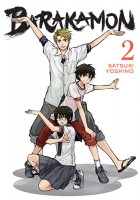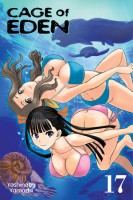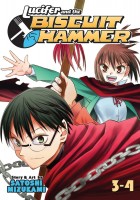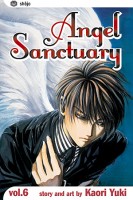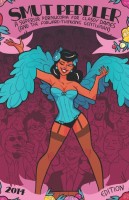 And the winner of the Barakamon manga giveaway is… Joseph!
And the winner of the Barakamon manga giveaway is… Joseph!
As the winner, Joseph will receive Satsuki Yoshino’s Barakamon, Volume 1 as released in English by Yen Press. As the fall and winter holiday season has arrived, I was beginning to feel a little nostalgic for my childhood home in the country. So, for this giveaway, I asked that entrant’s tell me a little about their favorite manga with countryside and rural settings. Check out the giveaway comments for everyone’s complete responses, and check out below for a list of manga!
Some of the countryside manga available in English:
Barakamon by Satsuki Yoshino
Brilliant Blue by Saemi Yorita
Can’t Win with You! written by Satosumi Takaguchi, illustrated by Yukine Honami
The Flowers of Evil by Shuzo Oshimi
A Girl on the Shore by Inio Asano
Kamikaze Girls by Yukio Kanesada
The Legend of Kamui by Sanpei Shirato
Mermaid Saga by Rumiko Takahashi
Moyasimon by Masayuki Ishikawa
Mushishi by Yuki Urushibara
Non Non Biyori by Atto
NonNonBa by Shigeru Mizuki
Popcorn Romance by Tomoko Taniguchi
Sand Chronicles by Hinako Ashihara
Summer Wars written by Mamoru Hosoda, illustrated by Iqura Sugimoto
Tropic of the Sea by Satoshi Kon
Vinland Saga by Makoto Yukimura
Wandering Island by Kenji Tsuruta
As usual, the above list isn’t comprehensive, but it hopefully presents a nice selection of manga from which to choose. Thank you to everyone who shared you’re favorites with me! I hope to see you all again for the next giveaway as well.

